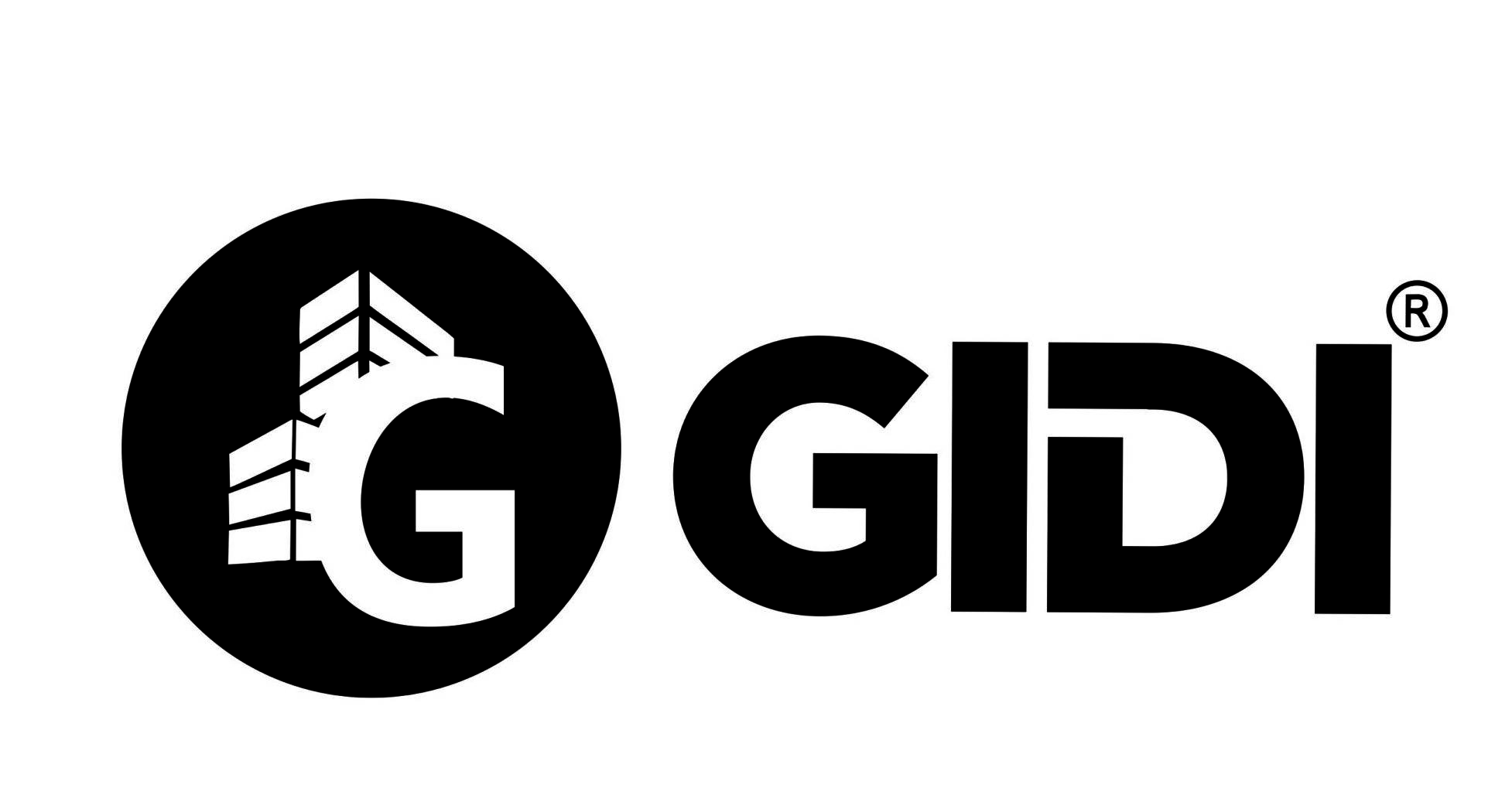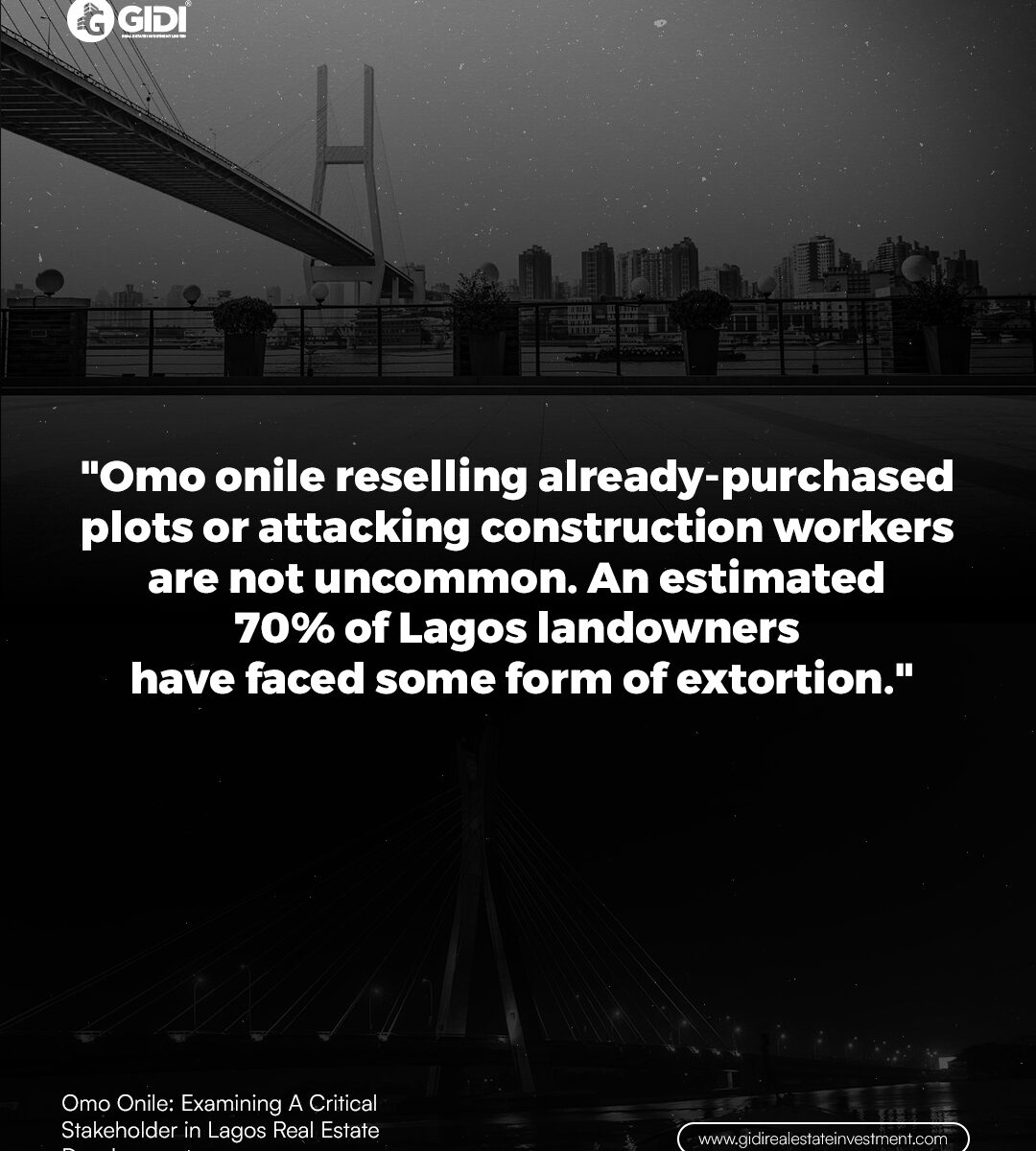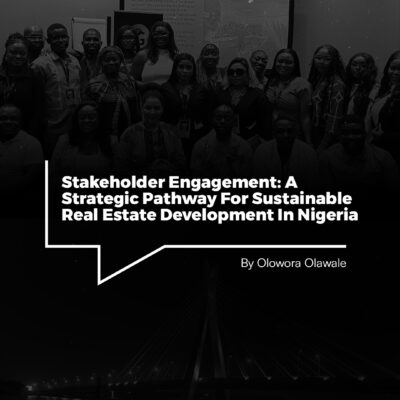Real estate is now a major force in Nigeria’s economy, recently overtaking oil and gas as the third-largest sector. In Q3 2024, it contributed 5.43% to the country’s GDP. This growth is fueled by rapid urbanization and a housing deficit of about 28 million units, requiring an estimated 700,000 new homes annually.
Lagos, Nigeria’s commercial and real estate capital, with over 20 million residents, is at the center of this growth. However, a persistent challenge exists: the role of omo onile, the traditional landowners or their descendants, who exert informal control over land transactions. Their influence in the real estate sector has become both crucial and controversial, demanding closer examination.
Key Stakeholders in Lagos Real Estate
The Lagos real estate sector includes several stakeholders:
• Government authorities set the legal framework (e.g., the Land Use Act of 1978), regulate land use, and oversee property rights.
• Financial institutions fund development and mortgages.
• Developers and construction firms design and build properties.
• Clients and investors create demand.
• Then there are the omo onile, who, despite their informal status, hold significant sway over land access and usage.
The Role of Omo Onile
Omo onile (which, in context, means “traditional/ancestral landowner“) are traditional land-owning families or their agents. Before the Land Use Act, they held customary rights to land. Today, they assert these rights, especially over communal or family land. In many Lagos communities, developers must first “settle” the omo onile with informal payments before construction begins. These gatekeeping practices make engaging them necessary for many land buyers, even if they hold government-issued titles.
The Land Use Act of 1978 aimed to centralize land ownership under state control, replacing customary land tenure with formal regulation. However, many indigenous families never formalized their claims, leaving gaps that fuel ongoing disputes. Today, buyers with legal titles can face challenges from families claiming ancestral rights. This clash between statutory law and customary practices has created a legal grey area that complicates real estate transactions.
Omo onile practices significantly affect project costs and timelines. Demands range from initial signing fees to charges for laying foundations, roofing, and fencing. These informal fees can inflate budgets and deter investment. In extreme cases, non-compliance can lead to threats, property damage, or even violence. Reports of omo onile reselling already purchased plots or attacking construction workers are not uncommon. An estimated 70% of Lagos landowners have faced some form of extortion. This atmosphere of uncertainty discourages investment and undermines confidence in the real estate market, delaying much-needed development.
To curb these excesses, the Lagos State Government enacted the Lagos State Properties Protection Law in 2016 and set up a Task Force on Land Grabbers. The law criminalizes illegal occupation, extortion, and harassment, with penalties of up to 21 years in prison. By 2023, over 4,000 land dispute cases had been resolved, and more than 200 arrests had been made. This was complemented by the establishment of the Lagos State Real Estate Regulatory Agency (LASRERA), which is responsible for coordinating, monitoring, and regulating the activities of practitioners in the real estate business.
Developers now routinely conduct thorough due diligence, engage lawyers and surveyors, and negotiate community development fees to minimize conflict. Some buy land through established firms that preemptively address omo onile claims.
Public perception of Omo Onile is divided. To some, they are extortionists and land grabbers who exploit legal ambiguities and disrupt lawful development. To others, they are community custodians with historical claims who seek recognition and compensation.
Traditionally, land was held communally, and selling land did not necessarily erase a family’s perceived rights. In this view, omo onile practices serve as informal compensation for the community.
The truth lies somewhere in between. While some omo onile have turned to extortion, others still represent genuine community interests. The coexistence of statutory and customary land systems fuels confusion, enabling abuse and misinterpretation on all sides.
The Lagos government has begun convening forums involving developers, officials, and community leaders to find common ground and facilitate dialogue. Structured solutions, such as community benefit agreements or trust funds, could formalize compensation without enabling extortion. At the same time, strict enforcement of land laws remains essential to curb criminal elements and ensure that traditional landowners do not hinder legitimate development.
Omo onile is a powerful force in Lagos real estate, reflecting both the city’s land heritage and its development challenges. Addressing their role requires a careful balance: acknowledging their historical ties while upholding modern legal standards.
Lagos can unlock more inclusive, secure, and prosperous real estate growth for all stakeholders by combining firm law enforcement with structured engagement.
Author: Mubarak Dolapo AREMU
Marketing Communications Executive, Gidi Real Estate Investment Limited







